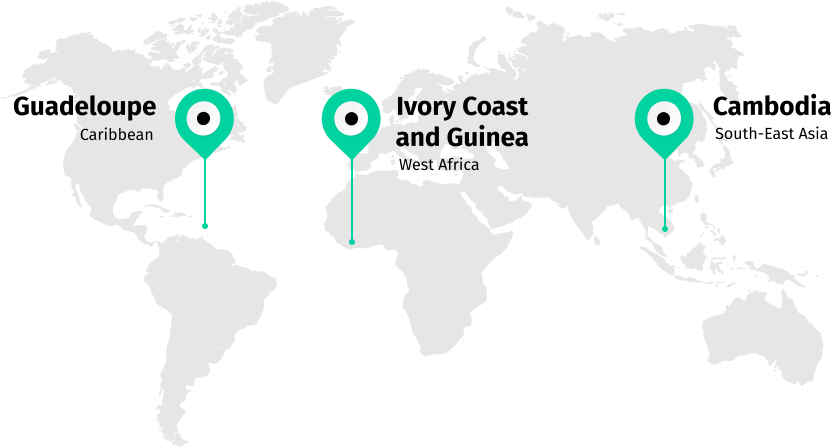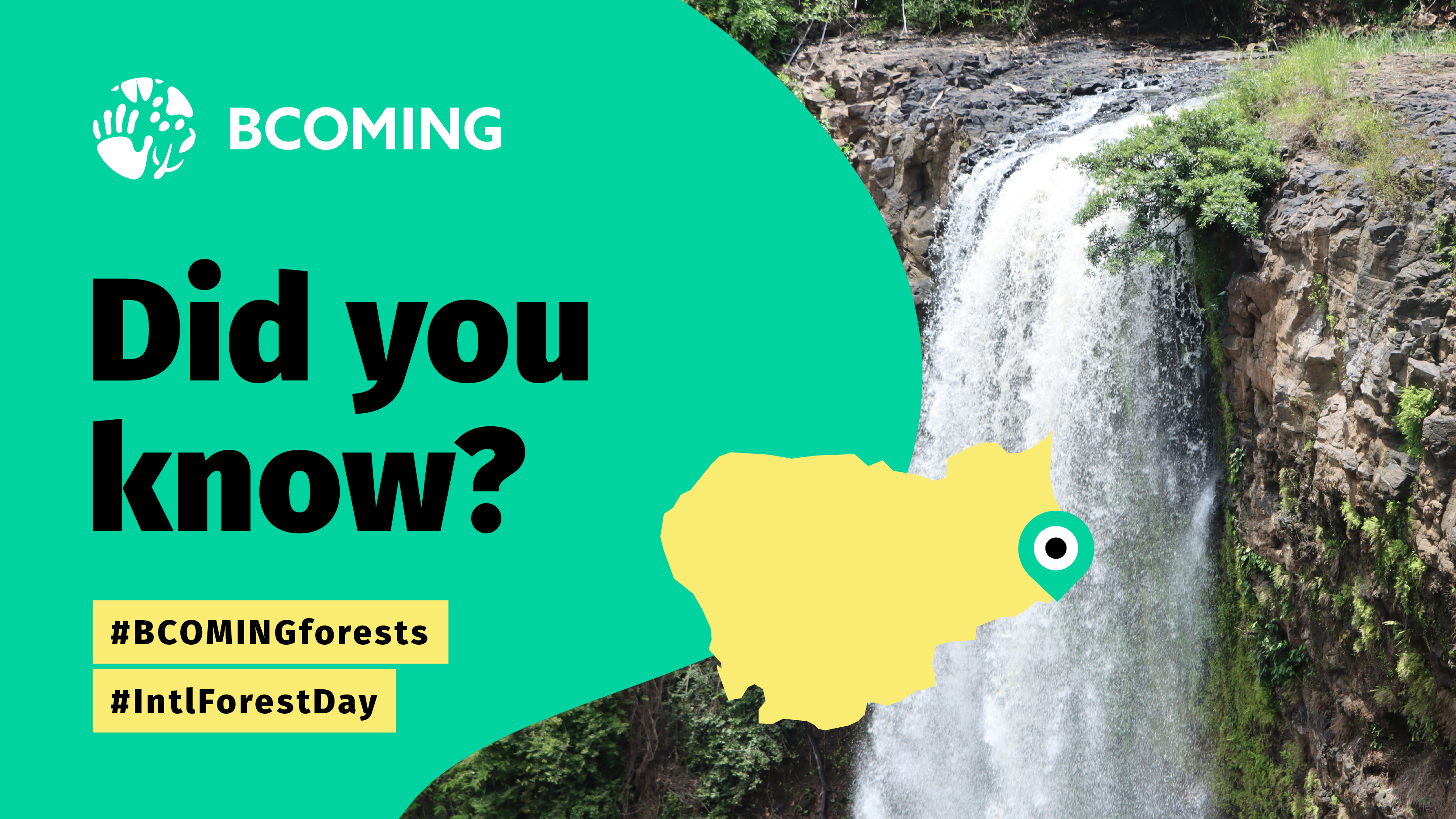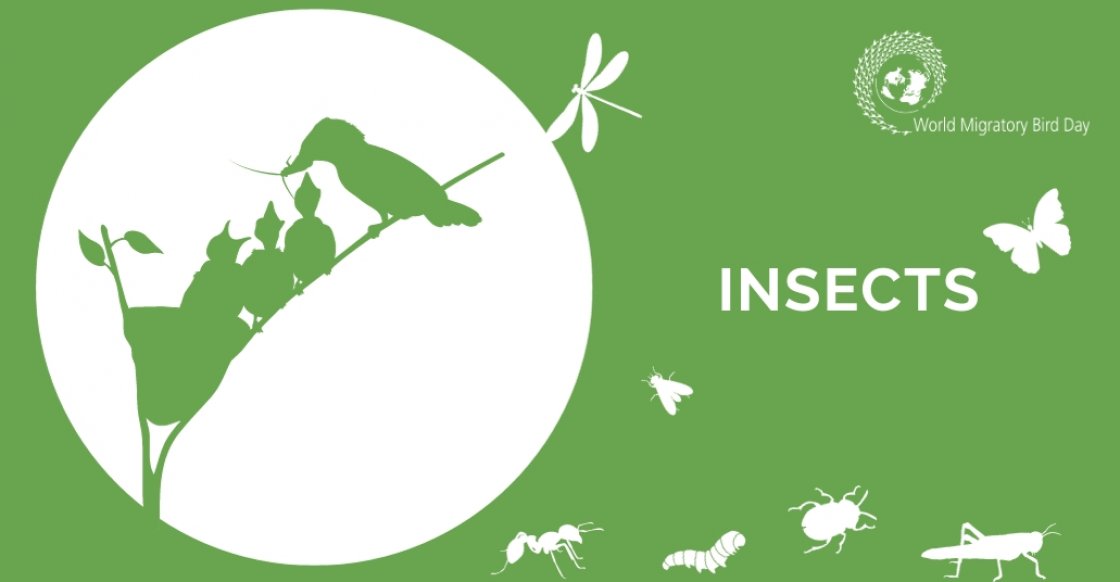Celebrating the International Forest Day – How forests can contribute to our better health and life
International Forest Day is an occasion to celebrate the importance of forests in our lives. Forests are not just a beautiful sight to see; they are essential for our overall health and well-being. Forests contribute to our health and life in various ways.

Forests are a significant source of oxygen. They are also called the “lungs of the earth” as they absorb carbon dioxide and release oxygen through the process of photosynthesis. Trees can absorb pollutants such as carbon monoxide, sulfur dioxide, and nitrogen dioxide, which helps in reducing air pollution levels, and it has a positive impact on our health. Hence, spending time in forests can improve our respiratory health and overall physical health.
Secondly, forests provide a natural habitat for various animals and plants. These habitats create an ecological balance that supports life in various ways. For example, forests provide a home to pollinators like bees, which are essential for food production. They also support diverse plant and animal species that are important for our food chain, and it helps maintain the ecosystem.
Also, forests have cultural and spiritual significance for many communities worldwide. They have played a significant role in various traditional practices, religious ceremonies, and storytelling. Forests hold a special place in human history and offer a connection to our roots and nature.
The role of forests in regulating the spread of zoonotic infectious diseases
Zoonotic diseases are infectious diseases that can be transmitted from animals to humans, accounting for most newly emerging infectious diseases in humans. Some examples of zoonotic diseases include Ebola, SARS, MERS, Lyme disease, and COVID-19.
Forests provide a wide range of ecosystem services essential for human health and well-being, including regulating air and water quality, providing food and medicine, and regulating climate. However, forests also play a critical role in regulating the emergence and spread of zoonotic diseases.
There are several ways in which forests mediate the emergence and spread of zoonotic diseases.
- One way is through habitat destruction and fragmentation. When forests are heavily utilized for intense agricultural and other land-used activities, it can disrupt the natural balance of ecosystems, leading to increased contact between wildlife and humans. This can increase the risk of zoonotic disease transmission.
- Another way forests mediate the emergence and spread of zoonotic diseases is by regulating disease vectors. Forests provide a habitat for a wide range of animal species, including many species that act as disease vectors, such as mosquitoes, ticks, and rodents. By regulating the population sizes and interactions of these species, forests can help to prevent the spread of zoonotic diseases.
- In addition to regulating the emergence and spread of zoonotic diseases, forests also play a critical role in our first line of defense against new infectious diseases. For example, many medicinal plants and fungi are found in forests. They have been used for centuries by indigenous communities to treat a wide range of diseases, including infectious diseases.
Our #BCOMING forests
In the BCOMING project, we will conduct extensive research and collect data in different forests in Guinee/Ivory Coast, Cambodia and Guadeloupe.

These forests are characterized of a unique fauna and flora and many endangered species are the “inhabitants” of these forests.
We have launched an online campaign where we present these forests and their rich biodiversity and ecosystem.

These forests are characterized by unique fauna and flora and many endangered species are the "inhabitants" of these forests.
We have launched an online campaign where we present these forests and their rich biodiversity and ecosystem.
In summary
Celebrating International Forest Day is an excellent way to appreciate the contribution of forests to our lives. Forests provide oxygen, support diverse species of plants and animals, protect us from diseases and hold cultural and spiritual significance. Also, they play a critical role in regulating the Earth's climate and providing economic benefits for local communities. Hence, we must protect and preserve our forests for future generations.
Join the campaign #Forest #IntIForestDay




